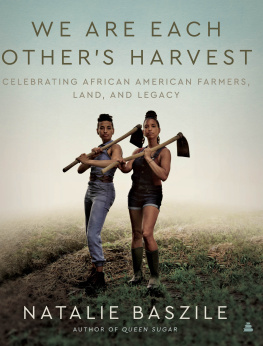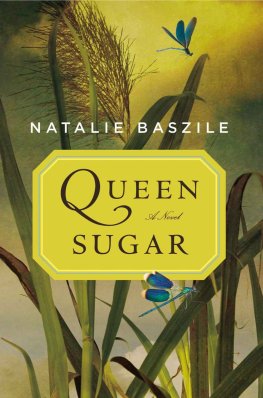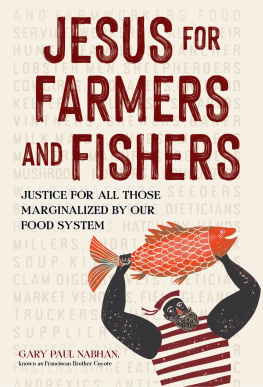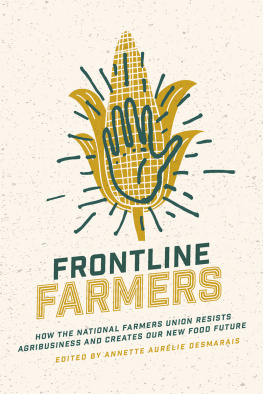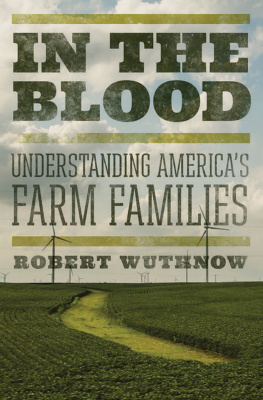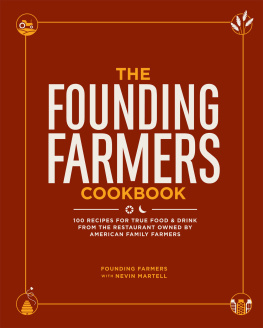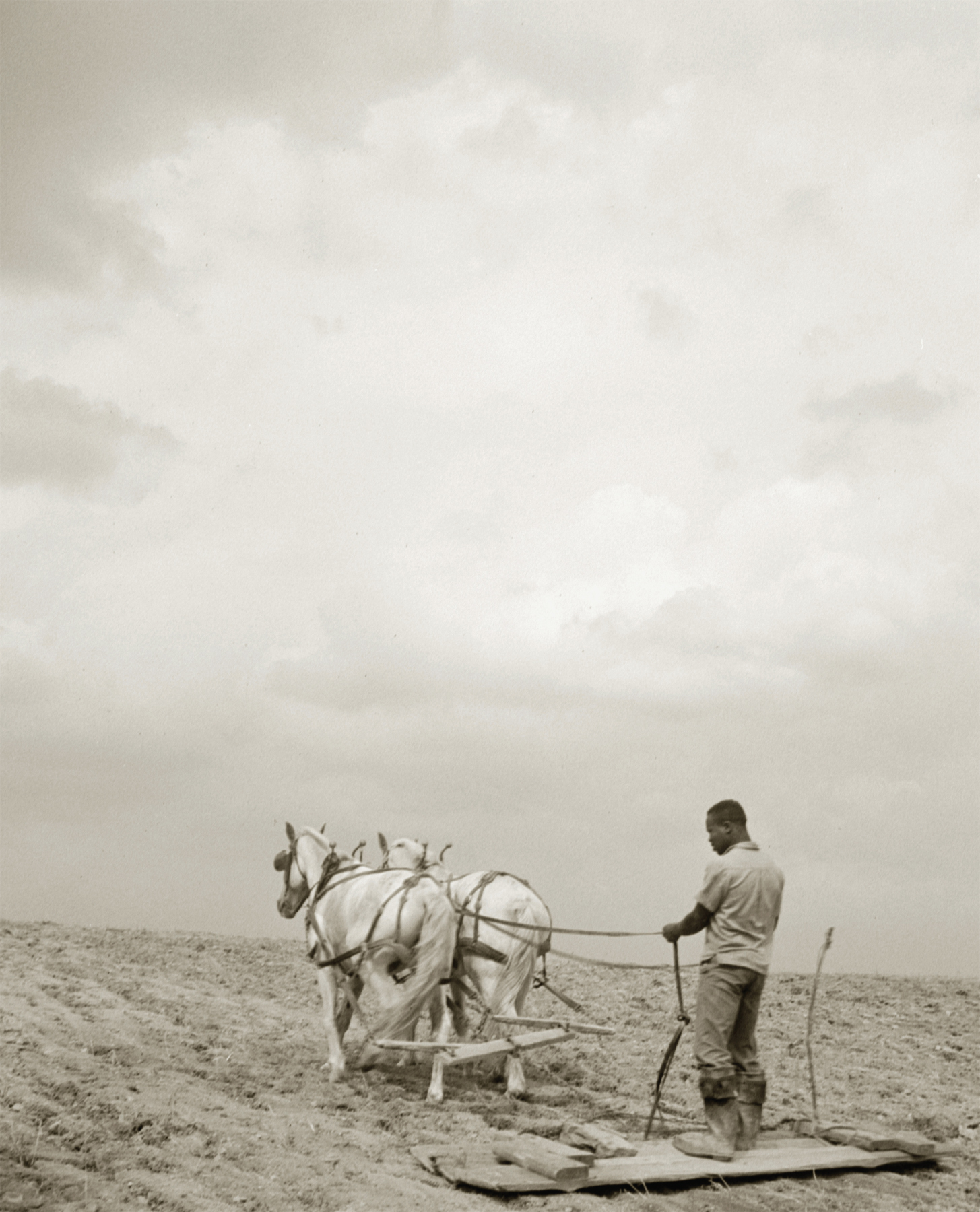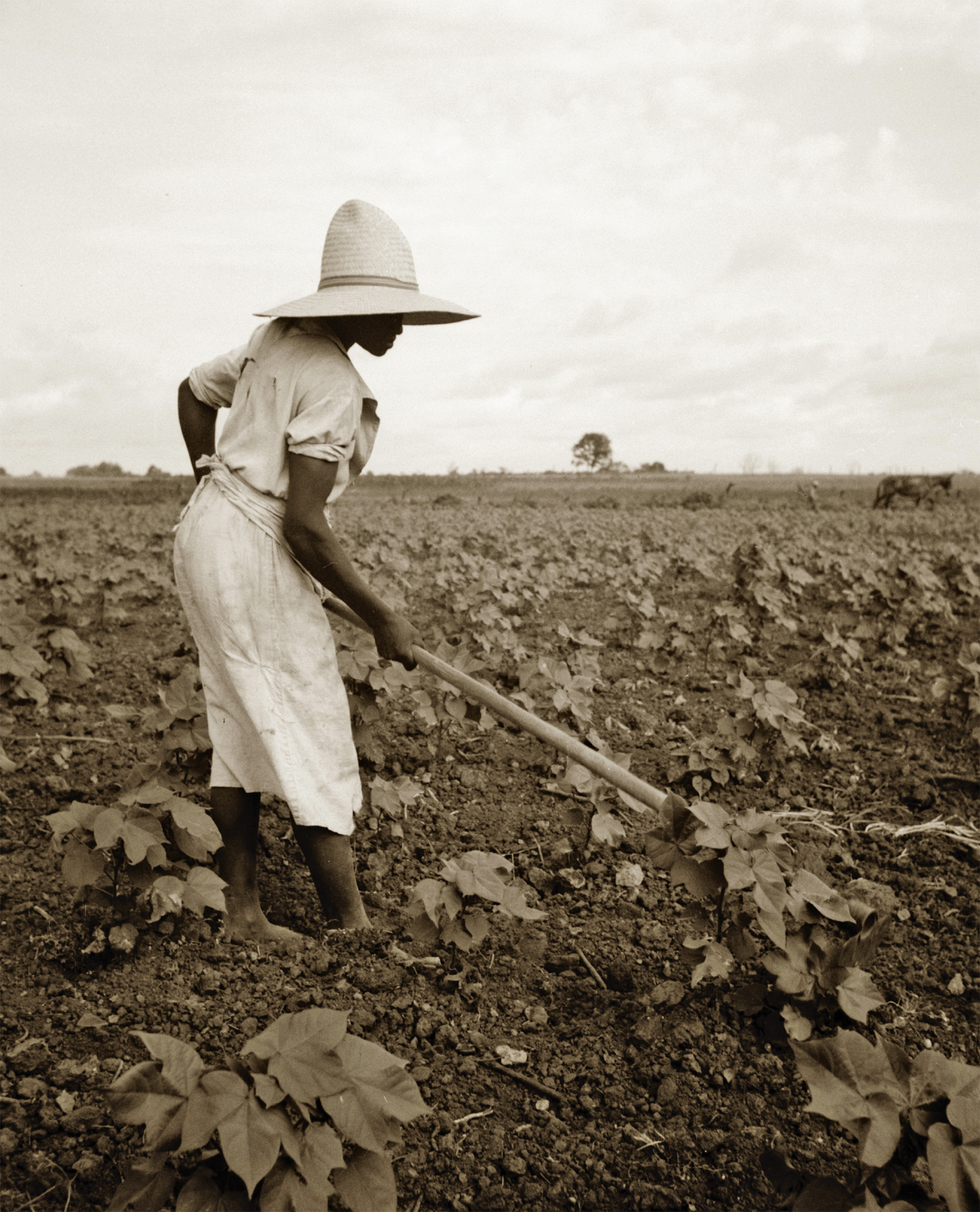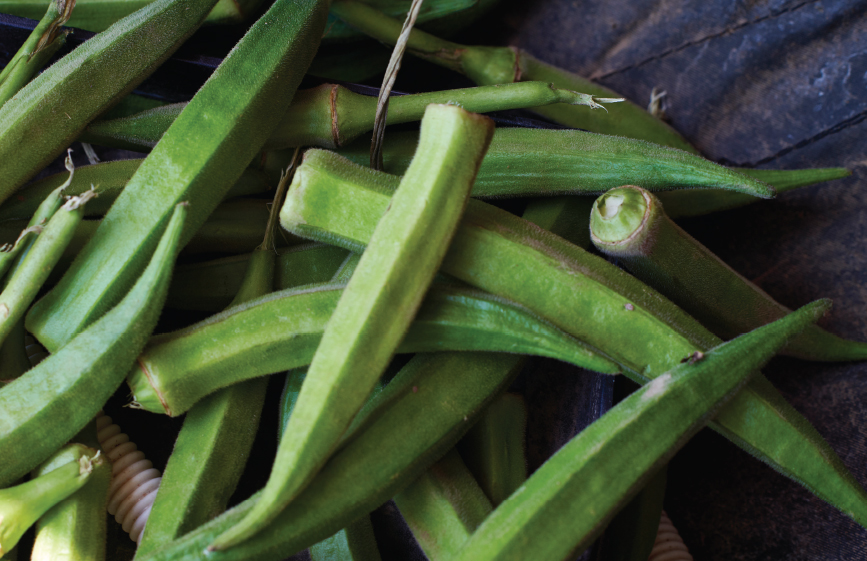Contents
Guide
Photo credit: LC-USF34-044646-D. Library of Congress, Prints & Photographs Division, FSA/OWI Collection. Photo by Jack Delano
Photo credit: LC-USF34-041526-E. Library of Congress, Prints & Photographs Division, FSA/OWI Collection. Photo by Jack Delano.
We are each others harvest; we are each others business; we are each others magnitude and bond.
GWENDOLYN BROOKS
Photo credit: LC-USF34- 009267-E. Library of Congress, Prints & Photographs Division, FSA/OWI Collection. Photo by Dorothea Lang.
African-American history is not somehow separate from our larger American story, its not the underside of the American story, it is central to the American story. [O]ur glory derives not just from our most obvious triumphs, but how weve wrested triumph from tragedy, and how weve been able to remake ourselves, again and again and again, in accordance with our highest ideals. I, too, am America.
PRESIDENT BARACK OBAMA AT THE DEDICATION OF THE NATIONAL MUSEUM OF AFRICAN AMERICAN HISTORY AND CULTURE, 2016
Photo credit: LC-USF33-T01-001258-M1. Library of Congress, Prints & Photographs Division, FSA/OWI Collection. Photo by John Vachon.
Contents
Photo credit: Alison Gootee
The earth does not belong to man, man belongs to the earth. All things are connected like the blood that unites us all. Man did not weave the web of life. His is but one strand of it. Whatever he does to the web, we do to ourselves. All things are bound together. All things connect.
CHIEF SEATTLE
Drive east along Interstate 80 from San Francisco toward Sacramento, past vast acres of alfalfa, watermelon, and rice, and youll eventually come upon a two-story mural of a solitary figure squinting out across the land. Dressed in a plaid shirt, jeans, and work boots, a tuft of gray hair peeking out beneath a baseball cap, the figure kneels in a patch of sunflowers. With one hand, the figure cradles a husky yellow Labrador. The other hand points out to the horizon.
The figure is a farmer.
He is a middle-aged man... and hes white.
The artist who painted the twenty-by-twenty-foot mural titled Stewards of the Soil says that she meant to pay tribute to the farmers in her community. I dont fault her for wanting to honor themfarming is difficult workand I acknowledge that her mural reflects the picture most people have in mind when they envision the American farmer.
And yet, every time I drive past it, I cant help but think it tells only part of the story. Surely, somewhere across the thousands of acres there must be a handful of Black and brown farmers. Who are they? What stories might they tell if given a chance?
My passion for the stories of Black farmers and my interest in the related issues of land stewardship and food justice were first sparked one morning years ago when I was a student at the University of California, Berkeley. Once a month, usually on a Saturday, I bought groceries for my paternal great-uncle Lewis Baszile. He was one of the few members of my fathers family to have migrated to California from Louisiana in the 1940s, and one of only two whod settled in San Francisco. In his early seventies by the time I enrolled in Berkeley, Uncle Lewis looked forward to my monthly visits. He was usually standing in his doorway waiting for me when I pulled up in front of his house on Lyon Street.
That particular Saturday, I was running late. Rather than shop for Uncle Lewiss groceries at my local supermarket in Berkeley, I stopped at a supermarket a few blocks down Telegraph Avenue in Oakland. I was appalled by what I encountered. Worse than the dismal lighting and dingy tiled floor was the poor quality of the produce: a few limp bunches of collards and withering mustards, shrunken heads of cabbage, bushels of shriveled green beans, and apples and pears that were dented and bruised. The inequity between the two marketsthis one in Oakland, and my neighborhood market in Berkeleywas glaring. I was infuriated and offended. How, I wondered, could the produce in the market near campus where all the white students shopped be so bountiful while the produce in the same supermarket chain just a few blocks away where the Black people shopped be so inferior?
Back then, no one I knew spoke of food justice and food sovereignty. The term food apartheid wasnt part of the lexicon. I had no outlet for my frustration, no place to express my outrage. But the memory of picking through those bins of substandard produce stuck with me.
Years later, I learned that my maternal great-great-grandfather, Mac Hall (b. 1845), arrived on one of the last slave ships and was sold twice before landing on the Stamps Plantation in Butler County, Alabama. After Emancipation he settled in the tiny rural settlement of Long Creek, near Georgiana. He was a merchant, blacksmith, beekeeper, and farmer, and eventually owned 680 acres of land thick with peach orchards. The family homeplace was only fifty miles from the Tuskegee Institute. Five of Mac Halls grandsons, whom everyone referred to as the Hall Brothers, learned carpentry and brick masonry at Tuskegee. Years later, they carried those skills with them when they migrated to Detroit, Michigan, where they built two-story brick houses for themselves and their family members in Royal Oak Township. Like their grandfather, they cherished their connection to the soil and understood the value in owning and taking care of land.
Their cousin, my grandfather Mamon, and his wife, Willa Mae, continued the same tradition of property ownership. They bought eleven lots around Royal Oak Township. After Mamon was killed in a car accident, Willa Mae sold the lots when she needed extra money. In the end, she sold all but one, which she kept for her vegetable garden. To this day, my mother, an avid gardener, grows collard greens in a corner of her backyard. Staying connected to the soil, she likes to say, is in our DNA.
Its no surprise, then, that years after I graduated from Berkeley, news coverage of Black farmers converging on Washington, DC, to protest against the USDAs discriminatory practices reignited my passion for Black farmers stories. I followed the proceedings of the famous class-action lawsuit Pigford v. Glickman. That passion and a growing curiosity about the lives of todays Black farmers led me to write Queen Sugar, which is set in the sugarcane belt of South Louisiana. In writing Queen Sugar, I wanted to tell the story of a Black farming family like the one from which Id descended. The novel was my attempt to stop the clock, to remind readers that Black people have always had a deep connection to the land. I wanted to celebrate farming as a noble endeavor and encourage readers to continue to pass their families land down through generations. Queen Sugar is a declaration that Black land matters. It reminds us that if we can remember our history, we can reclaim the legacy that our ancestors fought and sacrificed for.

